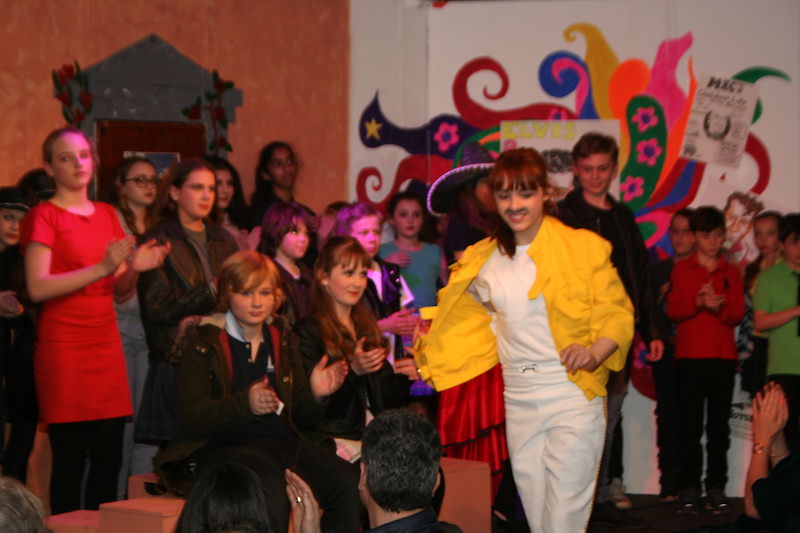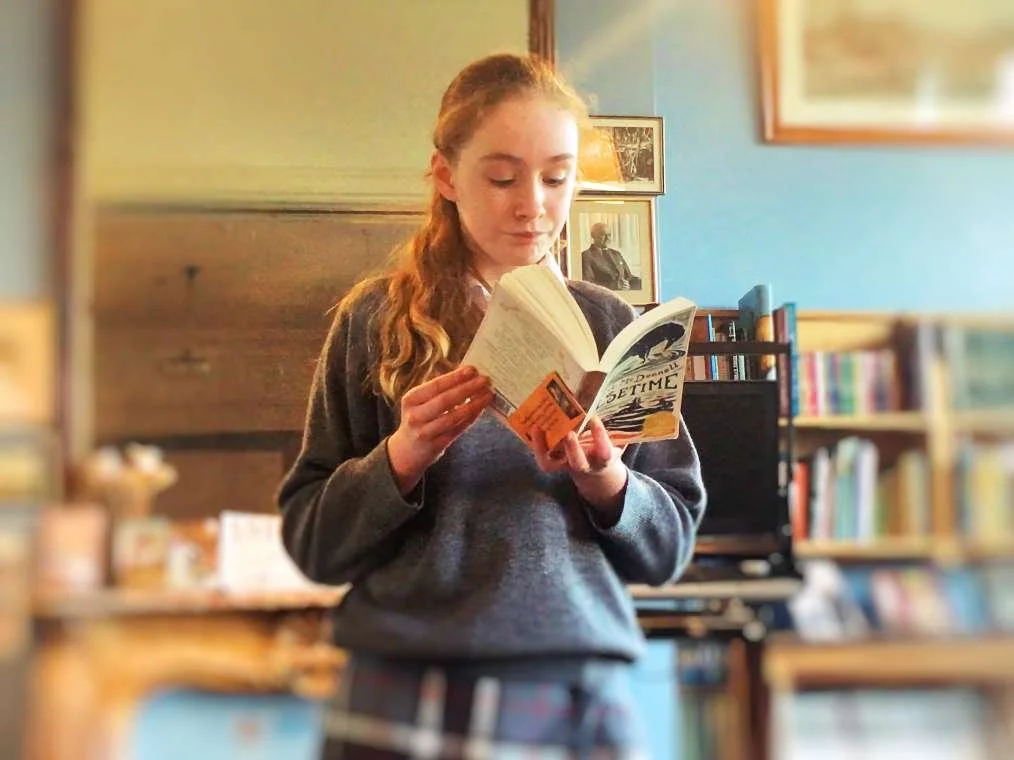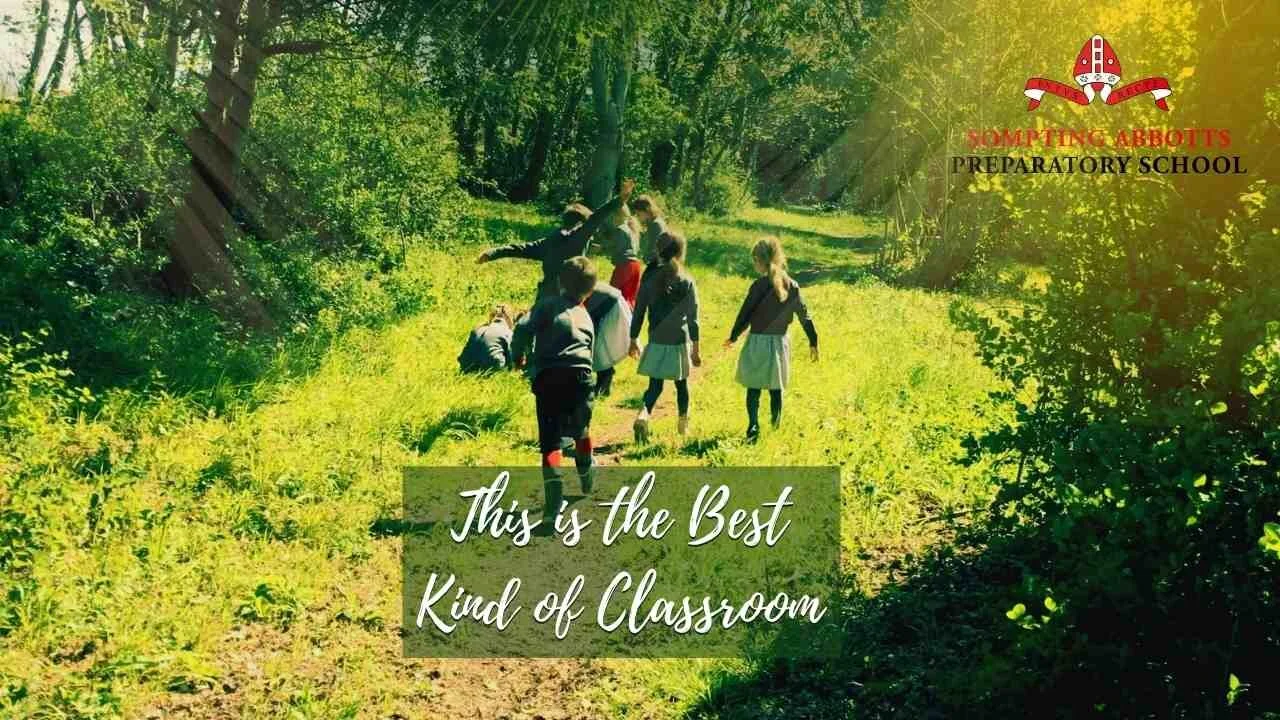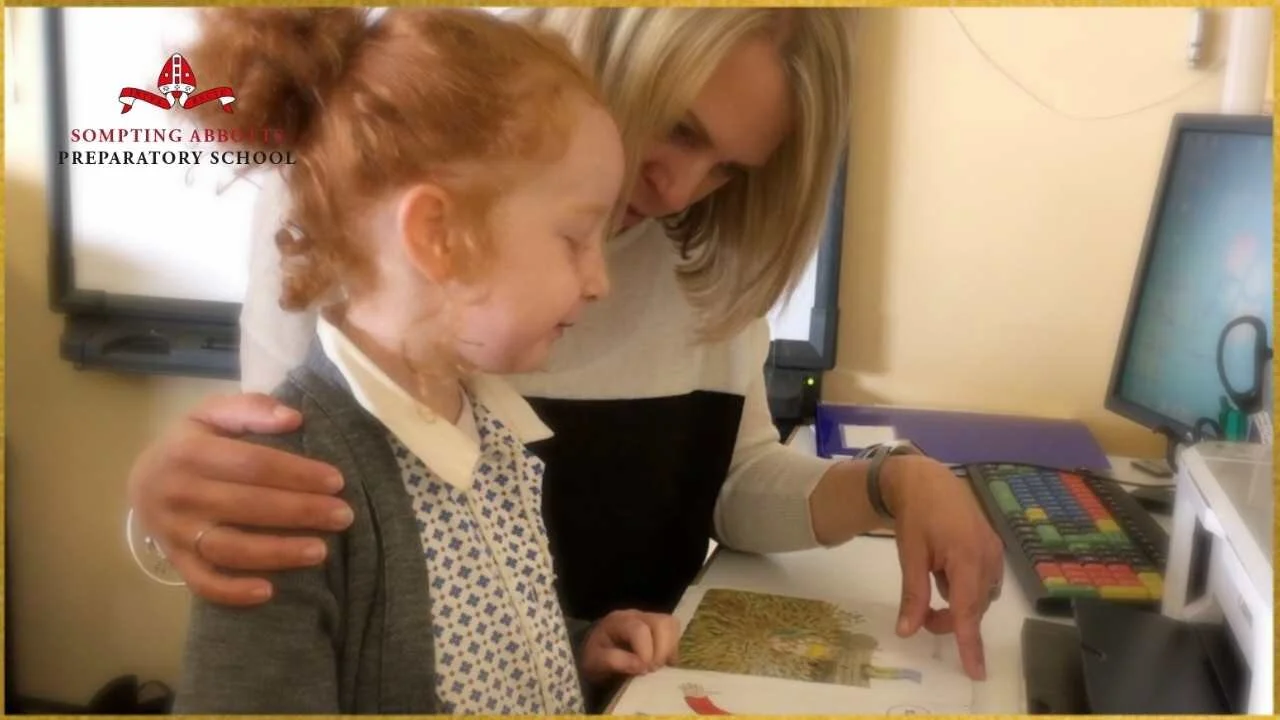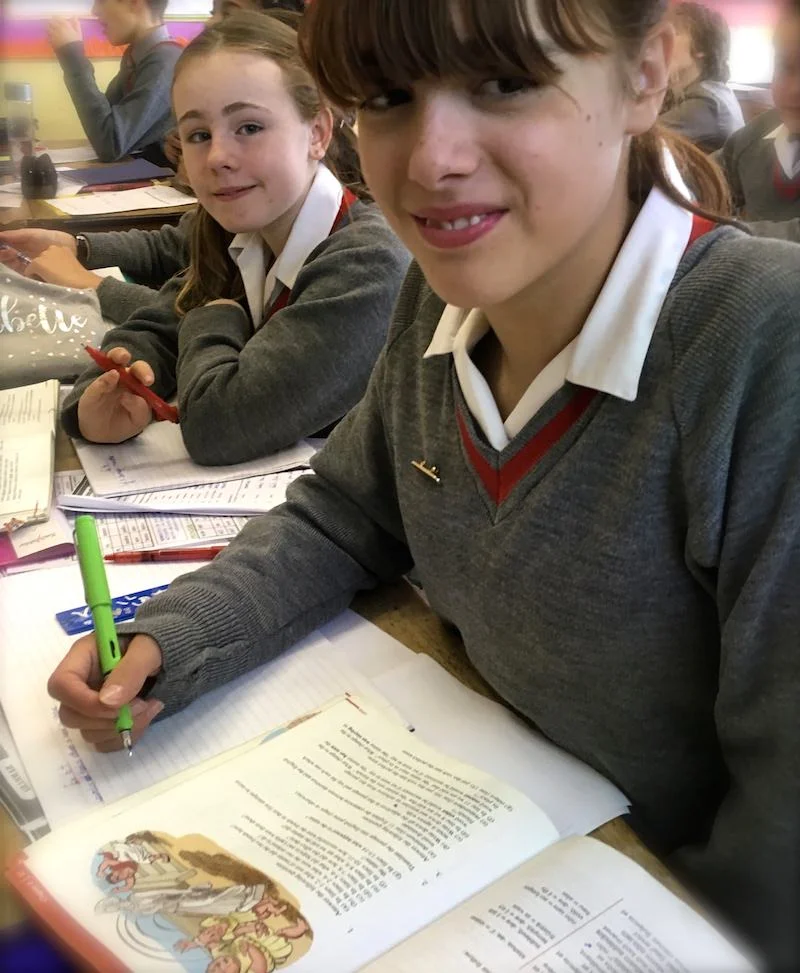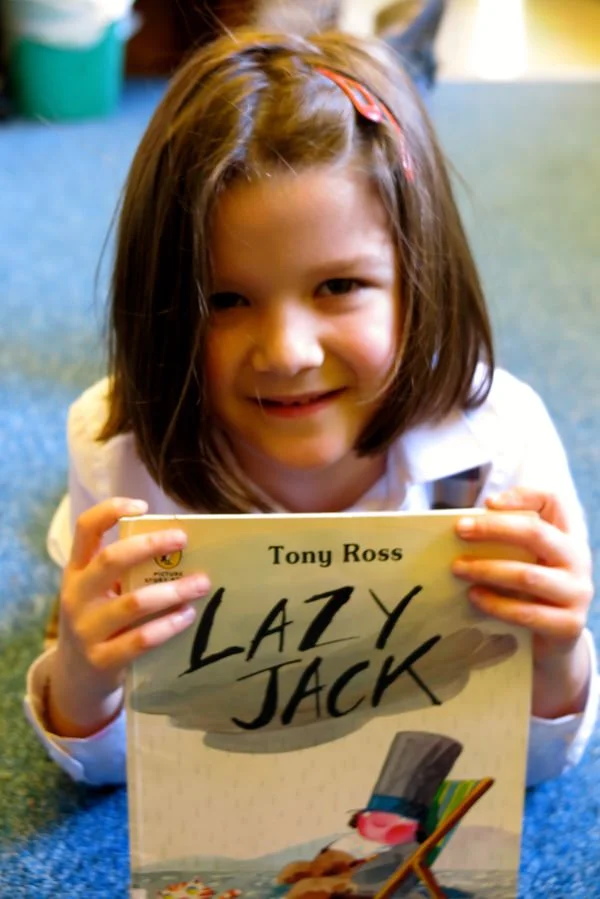The life lessons children learn taking part in a school drama production
/Sompting Abbotts places a lot of emphasis on the performing arts. In different ways, we try to boost our pupils’ confidence and communication skills – they'll be invaluable to their lives ahead.
We’ll be clear here. We’re not seeking to turn our children into ‘luvvies’ and we’re not Fame Academy by a long shot. But we do know that if a child has the skills and self-esteem to speak aloud and ‘command’ a stage (even if that’s merely talking to a group of their peers), they’ll be better equipped to succeed ahead.
Being able to speak persuasively is skill that is well worth having. This is not just for politicians, business leaders and teachers. It’s important because most children later on in their lives will be required to persuade others. These crucial skills can be overlooked and underdeveloped in schools at a stage of life where pupils are most responsive.
For university and job interviews ahead, they can make an important difference. Communication skills are so important to many employers that they send management trainees to special workshops to learn how to cope with public speaking.
Children who are already confident in this because it has become natural to them at a young age will have an advantage in their careers ahead.
Every year, the school mounts a big drama production involving pupils from Years 5 to 8. The children have to learn their lines, attend rehearsals and follow the choreography instructions.
It’s a long-standing tradition that students in the final year (Year 8) perform the lead roles in that year’s show.
The first modern plays performed at Sompting Abbotts School began in 1991. Over the years, the school has staged everything from the classics to the more avant-garde. They have included Pirates of Penzance, The Mikado, Animal Farm, Bugsy Malone, Guys and Dolls, Return to the Forbidden Planet, Macbeth, Joseph and the Amazing Technicolour Dreamcoat and Alice in Wonderland.
Throughout the year, we provide many opportunities for children to perform in different ways too – in musical concerts, discussion groups, assemblies and debating.
Right from the Pre-Prep (even our Nursery-age pupils), all children perform a rehearsed group presentation in assemblies in front of their peers and parents.
It's all about learning to stand up and talk in public – a skill we know will be important later in life.
We’ve seen that (with encouragement), even children of a shyer disposition become more comfortable and gain confidence when they're given the support they need to 'shine'.
With practice, the children get an increase in general confidence as well as a sense of achievement. They're often nervous the first time they have perform in front of their classmates or parents, but with practice the nerves melt away and they begin to enjoy the process.
Self-confidence is gained from each tiny success, which leads to more success.
So here are what we view as the top six benefits of taking part in a school play, outlining the new skills that will be transferable to the children’s adult lives.
1. Communication skills
What they learn in communication skills will help children ahead in lots of social situations. That’s right down to making them more comfortable answering questions in class, public speaking and even successfully interviewing for university places further ahead.
2. Confidence
The skills developed through drama train children how to convincingly deliver a message. It also helps build the confidence they need to take command of a stage. A school production obliges children to step out of their comfort zones and get over their insecurities. Playing another character helps them make realise that what is pretend in the moment can actually be made real. Children develop a "yes, I can!" attitude.
3. Collaboration
A school play is an awesome team-building exercise and it’s a great way for children to understand what’s possible when everyone pools their skills and weight. A shyer child may just have a small dancing part without lines or do their bit by painting the set but every part is important. The school production needs sound, make-up, props, music, costumes, scenery, performers and more – every bit is crucial to the final outcome. Mutual respect is essential.
4. Non-Verbal Communication
This is a big one that will be useful later in life. Through experiences in drama, children learn intuitively how to react to body language. They have to watch each other and react to each other to make the performance work.
5. Perserverance
As with any subject, practice is needed. A school play means learning lines (or being embarrassed by the prompter!). It’s a great discipline. Healthy work habits like being on time for rehearsals and performances, respecting the contributions of others, and putting effort into the success of the final piece gives results. The reward for this perseverance is hearing the audience’s applause!
6. Accountability
Taking part in a school production means every each child has to not only think about their role, but how their role contributes to the big picture. When something goes wrong, it affects everybody! Learning this is a good life lesson.


